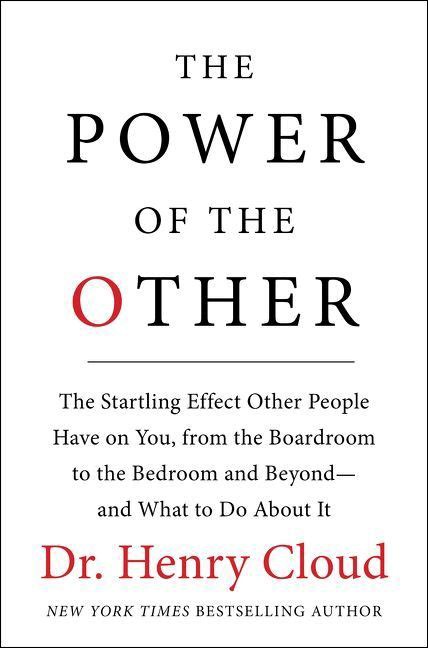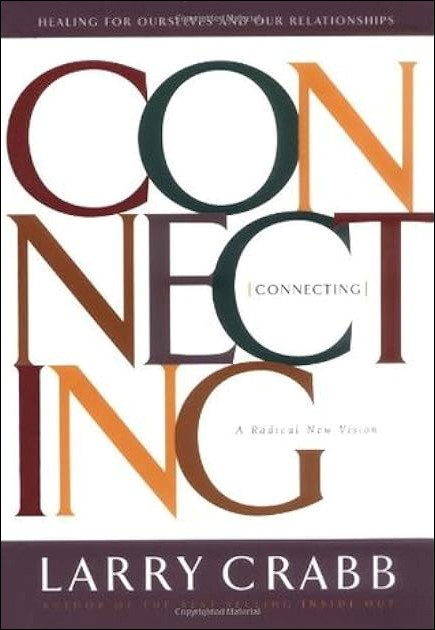The Joy of Poverty

The Joy of Poverty
Last week, I was talking with a group of friends who provide much of the inspiration for my writing. Truth be known, they provide a great deal of inspiration for how I live. We were discussing a video series called “Habits” by Marcus Goodloe, in which he extols the benefits of creating good habits by making those habits a source of fun. He goes on to talk about serotonin and dopamine in our brains — chemicals that make us feel good when we accomplish something — and how we can harness them to help develop healthy habits.
From that basic framework, our conversation vectored into the topic of creating a work atmosphere where employees share “fun” activities that foster teamwork while enhancing performance through a positive outlook. Now, if you’re an old sourpuss like me, a conversation like that reminds you of a job you once had (or may still be stuck in) with absolutely no upside. In fact, your daily commute to work feels like a descent from the emotional comfort of homelife to the depression of a Hellish work dungeon.
You would expect my advice to anyone in that situation would be to start looking for a new job. Not so fast.
Admittedly, extracting ourselves from negative situations is an admirable goal but what if it’s not viable? What if we don’t have the skillset or financial freedom to make that move? That got me to thinking about a friend of mine — Scott Harper. Scott is an accomplished photographer and videographer. In fact, he took the photo above. As part of Scott’s previous job on a church staff, he went on multiple missionary trips to some of the crappiest places on Earth.
Here’s the problem. Scott brought back photos of smiling kids — kids who had nothing and were facing a future of being stuck in those dismal circumstances. They had no way out, so what did they have to smile about? Were they just too ignorant to know how bad their lives were? What if you sat those kids down and showed them how good life is for kids in the developed world? Would that sap the happiness out of their hearts and wipe those smiles off their faces?
Joy vs Happiness
My contention is that the smiles on those faces don’t derive from happiness. They’re a byproduct of joy. “Happiness” comes from circumstances and things — like beating our spouses at monopoly or receiving rave reviews of our Facebook post showing what we ate for dinner — and it’s nothing more than transitory gratification. It temporarily pumps up those affirming chemicals in our brains, but stubbing our toe or receiving this month’s utility bill immediately robs us of those same chemicals.
Joy, on the other hand, is a long-lasting perspective that comes from understanding that there is meaning beyond our circumstances. The question is how the heck those poverty-stricken kids in Africa can be experiencing joy in the midst of the most broken, chaotic living circumstances on the planet.
The Secret of Joy
In “The Power of the Other”, one of Dr. Henry Cloud’s most insightful books, he describes the four types of relationships we all have. First is disconnected — living a solitary life even when we are surrounded by people. Second is the bad connection — one where we’re seeking approval in a relationship with someone who will never give it. Third is false connection — someone who always blows smoke up our knickers and makes us feel good but doesn’t really care.
In the fourth connection, Dr. Cloud describes a relationship with someone who truly cares about us and seeks our good — someone who isn’t afraid to confront us based on a heart-felt desire for our success in life. Those smiling kids in Africa had someone like that in their lives. They had someone who genuinely desired good for them, even in circumstances that limited the amount of good they could encounter. In fact, they were able to experience real joy in the midst of dire circumstances solely because someone truly cared for them and spoke meaning into their lives.
Replicating Joy
While I would ultimately submit that the only source of true love is the Creator of the universe, I would suggest that you and I were designed to be the conduits of that love — to our friends, to our families, to our fellow employees, to that loud, bitchy woman ahead of us in the grocery store check-out line. I would also suggest that you and I do not have that love to share in and of ourselves unless we’re receiving it somewhere else.
So, who is that fourth-level connection in your life — the person who genuinely seeks your good and shares the love that leads to joy? And in whose life are you that fourth-level connection? Are we honestly sharing the stuff that results in joy or are we that third-level pseudo friend who shares temporary gratification without staying power?
 Thanks to my old friend and excellent writer, Peter Simon for proofing this and catching my multitude of errors. I actually tweaked it after he finished so there may be new errors. You can see Peter’s work at www.storytellingonline.info
Thanks to my old friend and excellent writer, Peter Simon for proofing this and catching my multitude of errors. I actually tweaked it after he finished so there may be new errors. You can see Peter’s work at www.storytellingonline.info
 Email me at guy@lawsoncomm.com. I’ll buy you coffee and we can trade ideas. Who knows? That might even be the foundation for a relationship that results in joy for both of us.
Email me at guy@lawsoncomm.com. I’ll buy you coffee and we can trade ideas. Who knows? That might even be the foundation for a relationship that results in joy for both of us.
![]()
The more clearly we recognize how deep our commitment to self-protection operates in our relational style and the more courageously we face the ugliness of protecting ourselves rather than loving others, the more we’ll shift our direction.
— Larry Crabb
Yeah, I know I’ve shared this quote before but it’s worth repeating.

Did someone forward this newsletter to you after reading it themselves? Don’t settle for that!
CLICK HERE
to get a fresh, unused copy of this newsletter sent directly to you every Sunday morning. If you decide it stinks, you can always unsubscribe.

The Power of the Other
— Dr. Henry Cloud
Henry Cloud does a far better job of describing the power of relationships than I could ever hope to do. Don’t be surprised if this book makes you re-evaluate who you’re spending time with but more important, don’t be surprised if it challenges your own actions towards those closest to you.

CONNECTING
— Larry Crabb
Crabb is just a regular guy who isn’t afraid to share his failures as they pertain to interpersonal relationships. As a result, his analysis of where and why we fail to connect comes across with much sincerity. He’s a serious thinker and a keen-eyed observer of our culture.
A meeting of great minds who think alike












